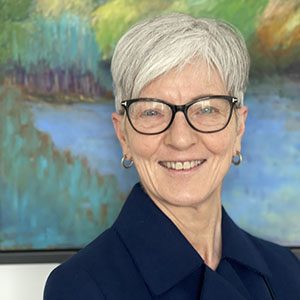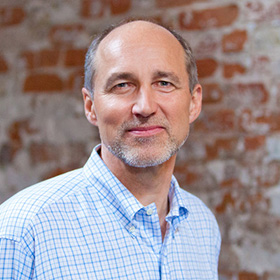Executive Summary
Generous funders have fueled the spectacular growth of global NGOs in recent years. But the money comes with strings that thwart these organizations’ ability to create the platforms for scale needed to solve global problems.
Related Content
The Bridgespan Group’s interviews with more than two dozen global NGO leaders revealed both a shared desire to implement operational and systems changes that could make their organizations more effective and widespread consternation over how to pay for those changes. Fully 65 percent said strengthening their core functions to create platforms for scale remained a distant goal.
For most, the biggest obstacle is funders’ tight-fisted approach to spending on “indirect costs” or overhead, encompassing everything from strategic planning and staff training to program evaluations and computer systems upgrades. And it’s pervasive. Seventy percent of NGO leaders surveyed by Bridgespan named “insufficient indirect cost recovery” from funders as one of their most pressing problems.
Equally vexing is the unintended fragmentation of NGO efforts resulting from prevailing funding practices. Since the mid-1990s, governments, foundations, and high-net-worth individuals have dramatically increased global NGOs’ financial support, pouring hundreds of millions into specific programs and projects. This program- and project-based funding has spawned a patchwork of short-term engagements across countries and continents as NGOs chase donor dollars.
Playing by these funding rules, many NGOs have grown into global conglomerates managing, in some cases, hundreds of programs in dozens of countries. While outwardly successful, it's a pattern of fragmented growth that feeds the programmatic branches and starves the operational core.
Fragmentation also squanders precious dollars. It leads to duplication of systems, such as multiple bookkeeping ledgers, and increased administrative staff to handle tasks that could be centralized. Perversely, funders cite current overhead costs as proof that NGOs already spend too much on administration, apparently oblivious to their role in pushing up the very costs they question.
NGO leaders recognize this paradox and want to remedy it, yet many are complicit. Many NGOs tout low overhead on their websites and in marketing materials. Moreover, donors say that NGO leaders have not made the case for investing in platforms and transforming networks, nor can they demonstrate results.
Despite the odds, transformation is possible. Three leading NGOs—Heifer International, Save the Children, and World Vision—have found ways around the funder dilemma to advance operational coordination and integration. For others to follow, funders, boards, and NGO leaders all need to embrace new ways of thinking and acting.
For their part, funders must come to grips with the unintended consequences of restricting funding to specific programs and starving NGOs of the resources needed to invest in operational efficiency. And they should stop focusing on low overhead as an indication of well-run organizations. Rather, funders and NGO leaders must shift the conversation to impact per dollar and what investments are required to maximize measurable results and create platforms for scale.
Board members, especially those with corporate backgrounds who understand the importance of investment, must change the mindset that equates organizational effectiveness with the number of programs in the field and views low overhead as a proxy for managerial excellence. Instead, boards should push for investments in core capabilities and systems that will transform highly fragmented organizations into models of integration and efficiency.
And NGO leaders need to stop playing the low-overhead-is-good game and lead the charge for adequate general operating support. Without it, these organizations can’t live up to their potential as global platforms to transform the lives of the world’s poorest populations.
Jeri Eckhart Queenan is a partner in The Bridgespan Group’s Boston office where she leads the Global Development Practice, Jari Tuomala is a partner based in New York City, and Jacob Allen is a manager in the Boston office.




